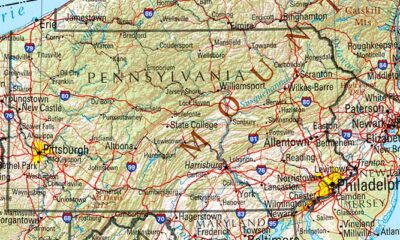Constitution
Transit Bailout Could Derail Shapiro’s Budget
Mass transit ridership in Pennsylvania is down, but Gov. Josh Shapiro (D-Pa.) wants to bail it out to the tune of $300 million a year.
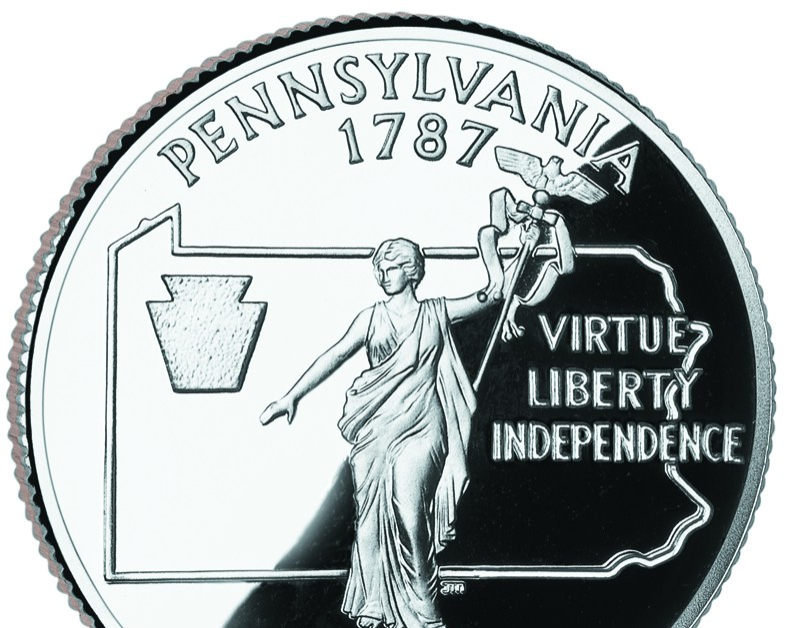
Gov. Josh Shapiro thinks mass transit is too big to fail. In his recent budget address, Shapiro pitched sending roughly $300 million every year from Pennsylvania taxpayers to bail out failing urban transit agencies.
If the governor isn’t careful, this bailout could derail his 2024–25 budget negotiations.
Pennsylvania mass transit agencies – namely, the Southeastern Pennsylvania Transportation Authority (SEPTA) and Pittsburgh Regional Transit (PRT) – rely on scare tactics to lobby for more taxpayer subsidies. Reporting a $240 million budget shortfall, SEPTA is now threatening to raise fares and cut service to offset the shortfall.
Much like the rest of the nation, public transit ridership in Pennsylvania is down.
Since 2019, SEPTA’s overall ridership has decreased 38%. Heavy-rail ridership – on both the Philadelphia subway and the Norristown high-speed line – is down 50%. Since 2019, PRT bus and light rail ridership decreased 32% and 4%, respectively.
Riders are avoiding Pennsylvania transit in record numbers, partly because of how treacherous it has become.
SEPTA, in particular, has become exceptionally dangerous. Even with fewer riders, robberies and aggravated assaults are up by more than 80% between 2019 and 2021. Quality-of-life violations (e.g., public urination, disorderly conduct, littering, smoking) increased 34% during the same time.
Unfortunately, SEPTA lacks any incentive to address these issues and provide an optimal customer experience because it doesn’t rely on riders to pay the bills. Only 19% of SEPTA’s funding comes from fares.
Instead, state taxpayers – including charges placed on drivers – provide the lion’s share of funding for the floundering agencies. Last year, mass transit agencies like SEPTA and PRT received more than $2.1 billion from state funds.
With nearly half of its revenue coming from Harrisburg, SEPTA’s dependence on state funding is higher than most major systems. New York’s Metropolitan Transportation Authority and the New Jersey Transit Corporation receive 9.2% and 26% from their state governments, respectively.
Conversely, local governments’ share is shockingly low. Only 7.4% of SEPTA’s revenue comes from the municipalities it serves.
Shapiro’s proposal would force rural areas like Forest County to fork over even more to prop up SEPTA’s bureaucracy.
By rescuing SEPTA, Shapiro becomes a reverse Robin Hood, robbing the poor and giving to the rich. Sales taxes paid by all Pennsylvanians would fund this bailout. Meanwhile, SEPTA serves some of the wealthiest Philadelphia-area communities, such as Gladwyne, Ardmore, and Villanova. Shapiro’s transit proposal ostensibly forces statewide drivers, including rural residents who will never use the service, to subsidize public transportation for millionaires on the Main Line.
Polling suggests most voters aren’t on board with this bailout. Only 35% of Pennsylvanians support the proposed transit plan. Even Democrats – 49% of whom indicated support for the measure – aren’t bullish on the proposal.
The bailout would come at the expense of worthier causes and more pressing issues. Moreover, Pennsylvania has its own budgetary shortfall to worry about. Shapiro should work to address the commonwealth’s $1.1 billion – and growing – budget deficit before asking taxpayers to bail out failing local agencies.
Instead of a bailout, Shapiro and state lawmakers must challenge transit agencies to restructure and better serve their customers. State funding should be conditional and require the agencies to cut costs, rely on user fees, mitigate crime and quality-of-life infractions, improve the customer experience, and become more market-oriented.
State subsidies to transit agencies should help lower-income riders. Instead of writing a blank check and further subsidizing the agencies’ bloated bureaucracy and lobbying efforts, state lawmakers should fund a voucher system to help working-class riders offset increased fares. Rather than subsidizing Main Line communities, taxpayer aid should target working-class residents who rely on public transportation for their daily commutes.
Without mandated structural reforms, SEPTA and PRT will inevitably return next year, lobbying for another multimillion-dollar handout.
If the governor wants to prevent a prolonged budget impasse, like he saw last year, and work with the legislature to get stuff done, he’d be wise to avoid this political third rail.
This article was originally published by RealClearPennsylvania and made available via RealClearWire.
-

 Education3 days ago
Education3 days ago‘Grading for Equity’: Promoting Students by Banning Grades of Zero and Leaving No Class Cut-Ups Behind
-
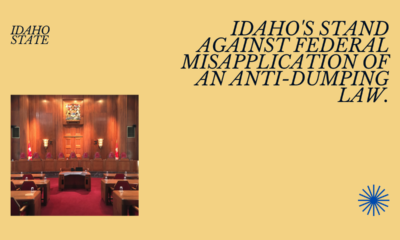
 Family3 days ago
Family3 days agoIdaho defends against abortion mandate
-
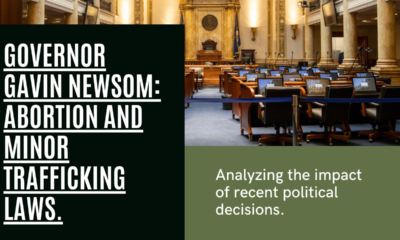
 Civilization4 days ago
Civilization4 days agoNewsom plays silly abortion politics
-
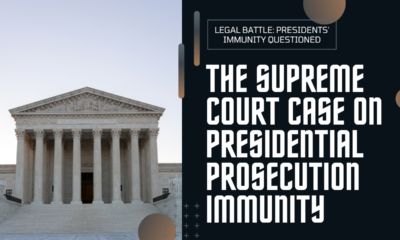
 Constitution2 days ago
Constitution2 days agoPresidential immunity question goes to SCOTUS
-

 Civilization5 days ago
Civilization5 days agoEarth Day – part of cultural Marxism
-

 Civilization4 days ago
Civilization4 days agoWaste of the Day: China Still Owes Over $1 Trillion to American Bondholders
-

 Civilization4 days ago
Civilization4 days agoCurrent Conflicts Demonstrate Need for More and Better Tanks In Eastern Europe
-
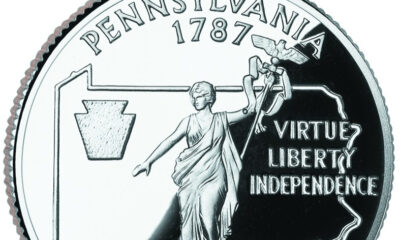
 Education3 days ago
Education3 days ago‘Grow PA’ Plan Helps Solve Economic, Higher Education Challenges








